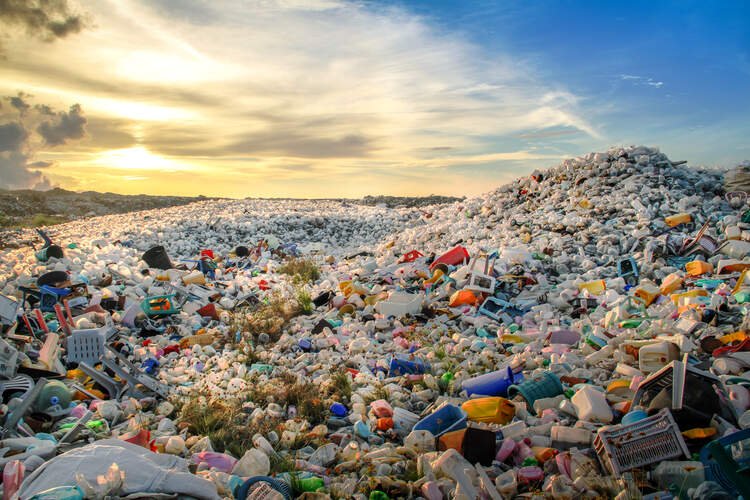
To encourage humanity to rethink how it deals with our mountains of waste, Saturday 30 March marks the UN’s International Day of Zero Waste
By
The statistics are sobering. Every year we produce 430 million tonnes of plastic, two-thirds of which are short-lived products that quickly become waste. And, if we packed all the municipal solid waste generated around the world in a year into standard shipping containers and then placed those ends to end, they would go around the circumference of the world a staggering 25 times. Over the coming 25 years things, experts predict that things are going to get worse, with municipal solid waste increasing from the current 2.3 billion tonnes to 3.8 billion tonnes. However, global waste management services are ill-equipped to handle this, with 2.7 billion people lacking access to solid waste collection and only 61–62 per cent of municipal solid waste being managed in controlled facilities.
Waste, what to do with it, and how to reduce it, is one of the big topics of our time. To mark this, the UN has declared 30 March the second annual International Day of Zero Waste. The idea of the day is to highlight both the importance of bolstering waste management globally and the need to promote sustainable consumption and production patterns on a local, national, and international scale.
And, in case you’re thinking that waste just means unsightly rubbish lying around, well, think again. Waste can contaminate soil and waterways and endanger life on land and in the water. Not just that, but thanks to the methane released by organic waste in landfills and the energy-intensive production methods that are used to produce so many of our goods, waste is a significant contributor to greenhouse gas emissions.
Waste is also deadly to people. A 2019 report discovered that in developing nations lacking in organised and efficient waste disposal, plastic pollution was leading to the death of up to a million people a year.
Launching the International Day of Zero Waste, Inger Andersen, Under-Secretary-General of the United Nations and Executive Director of the United Nations Environment Programme (UNEP), said: ‘We cannot continue to take from the Earth’s belly with abandon and then simply discard into the environment when we are done. It is unconscionable that we continue to throw away valuable metals, resources, and food when we are so clearly in debt to the planet and inequality is on the rise world over.’
Numerous events are taking place across the world to mark the International Day of Zero Waste. To find out what’s happening near you – or register an event yourself – see the official International Day of Zero Waste website.
Related articles:




